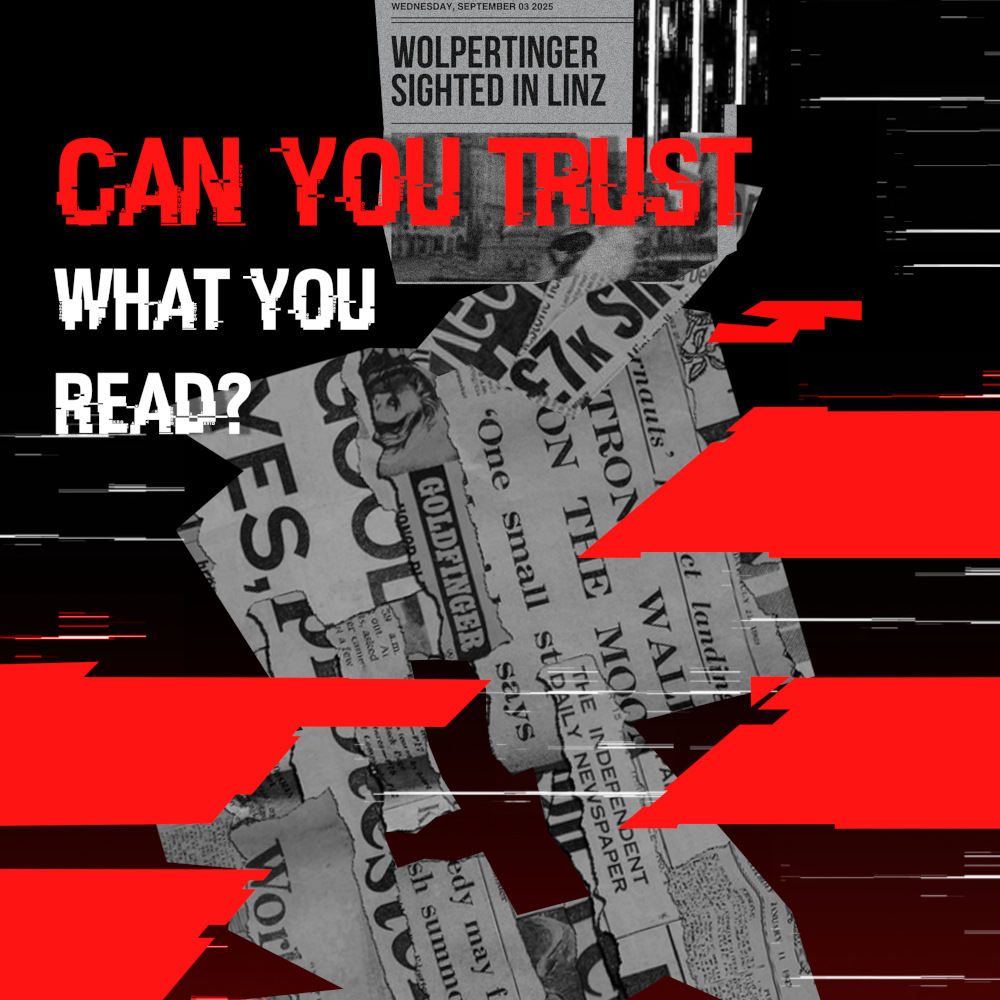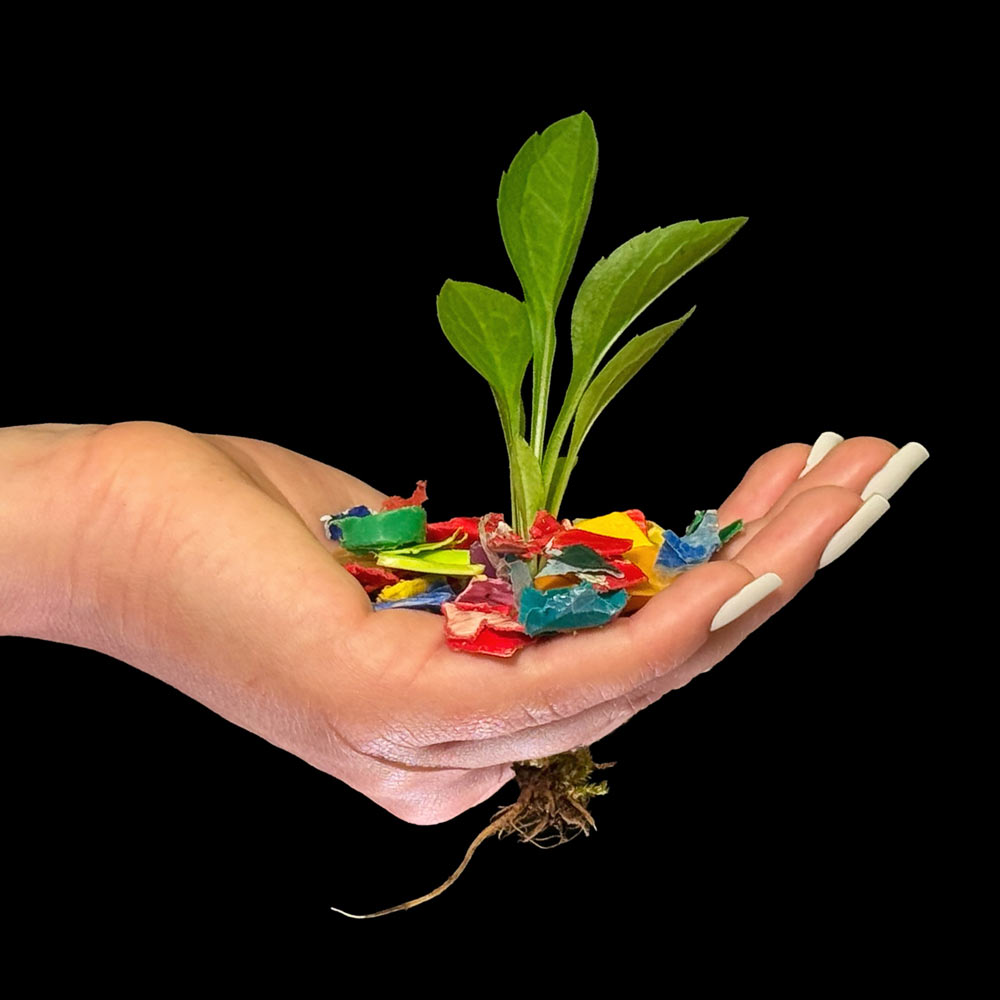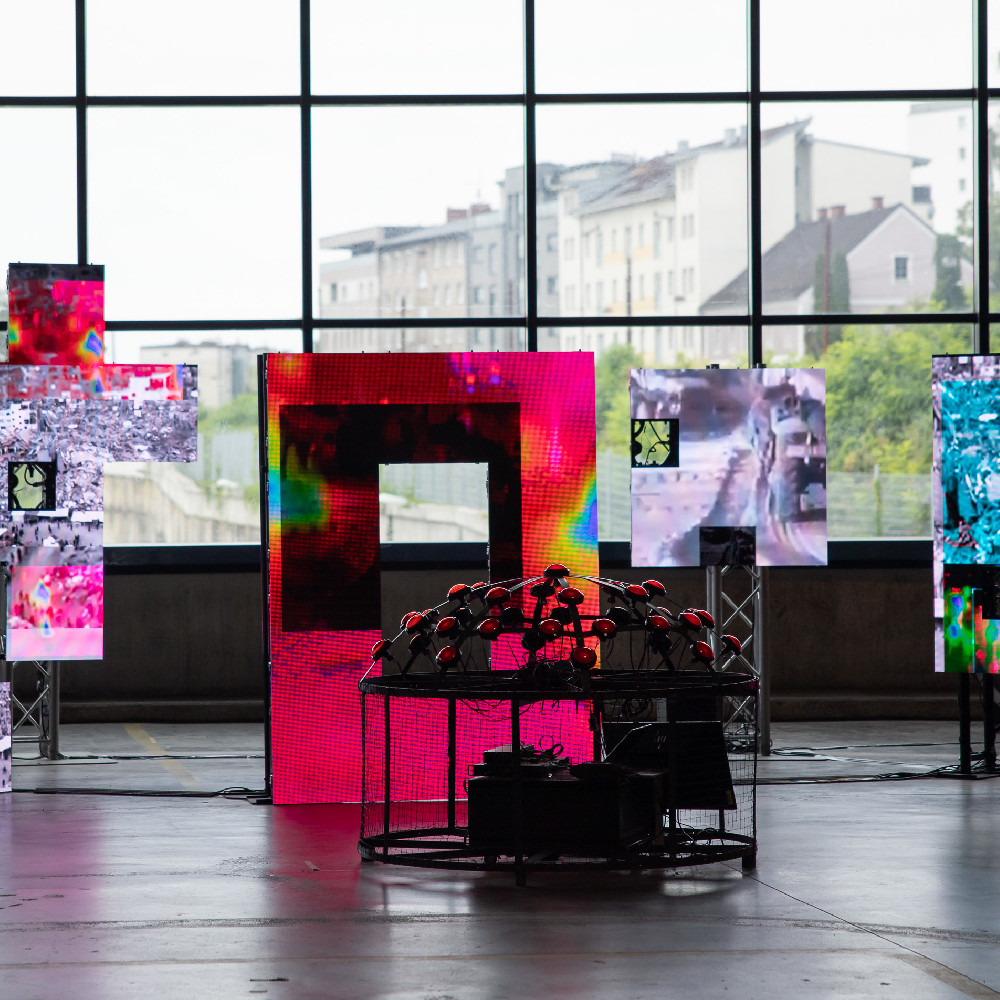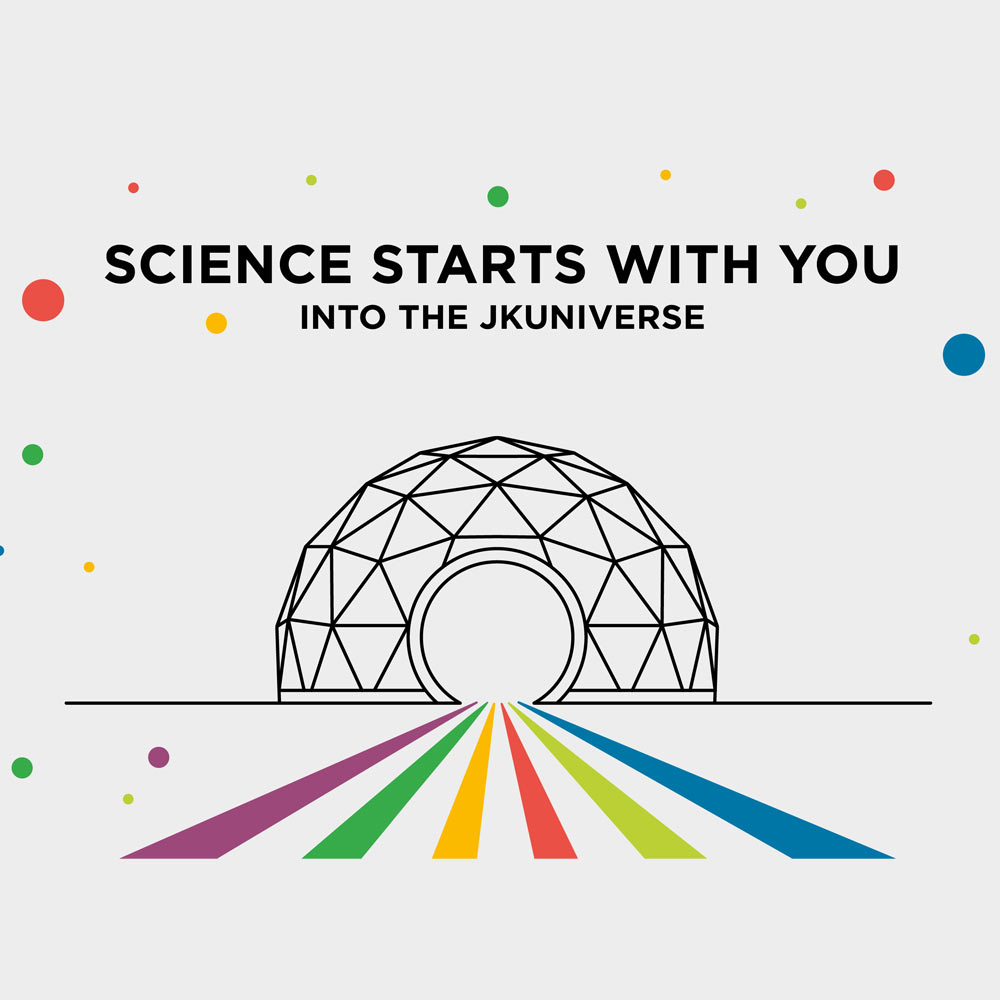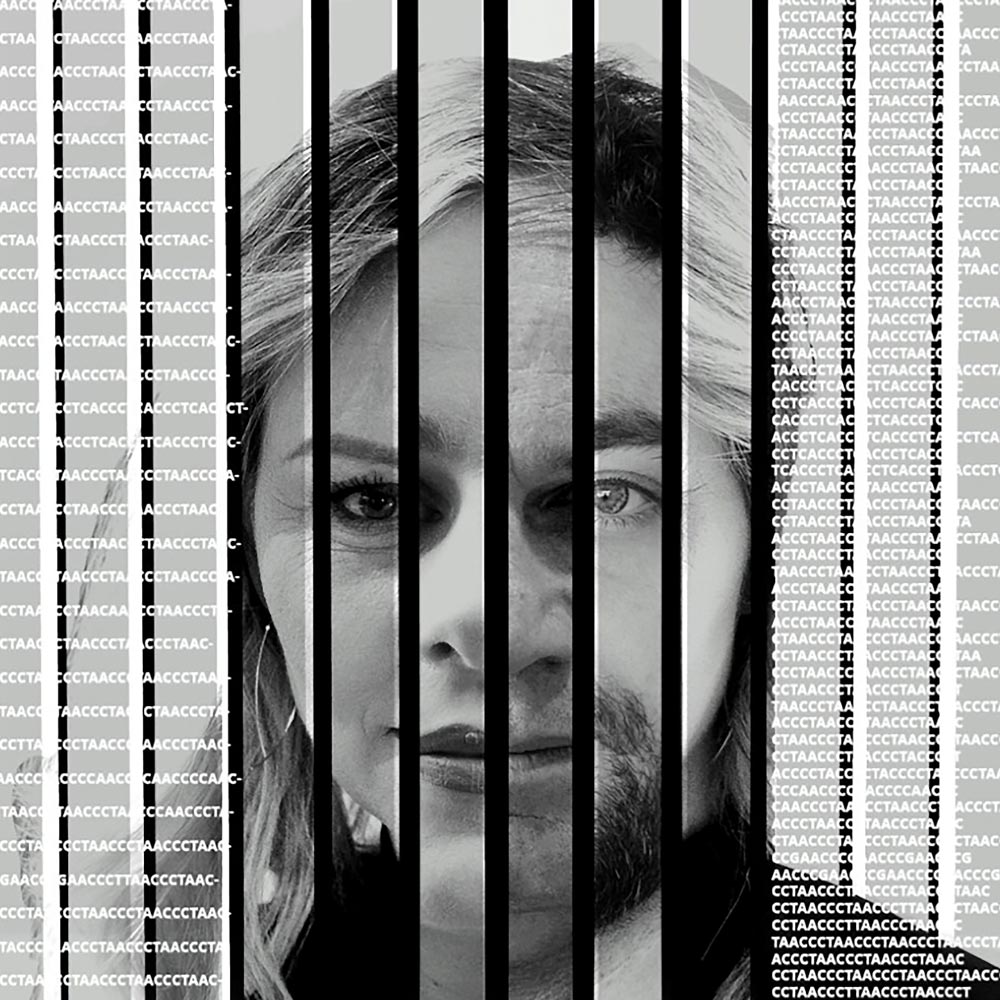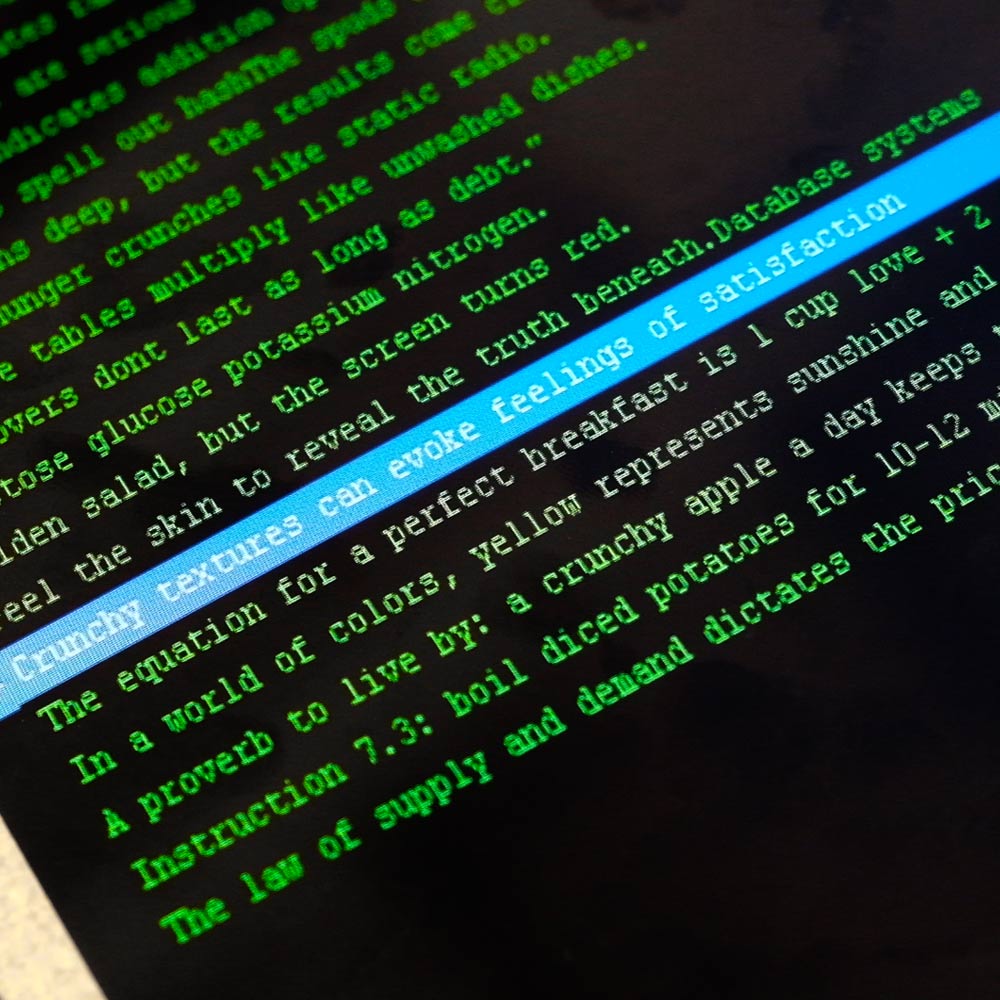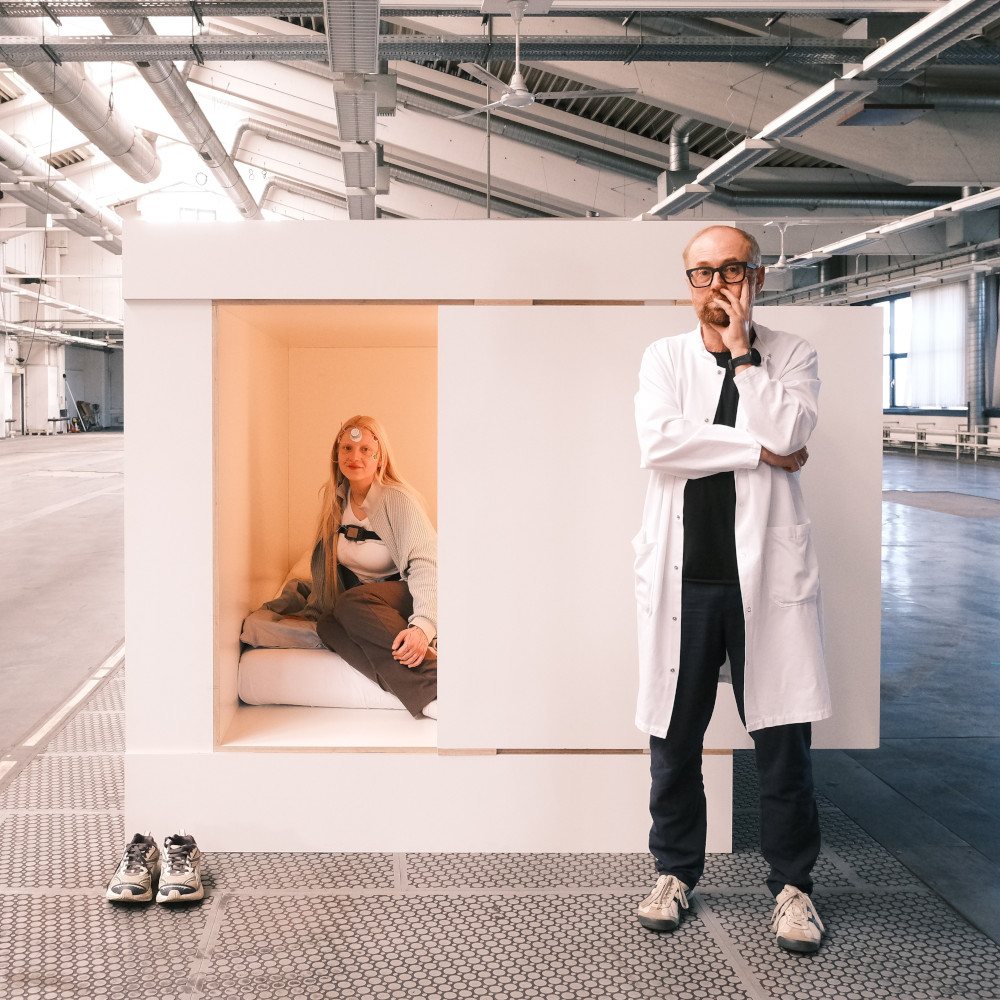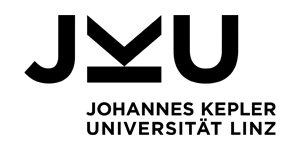The world feels as though it were upside-down. Political certainties are crumbling, climate change is driving us to the limits of what is possible, and technological upheavals are impacting our lives more rapidly than we can adapt to. Everything appears to be changing—and the question is: How do we respond? How do we create a hopeful future instead of spreading fear and panic?
Times like these accentuate the importance of education and research, which not only seeks to answer pressing questions but also offers guidance and new perspectives. The Johannes Kepler University (JKU) Linz is a place where science is pursued by people for people. A place that not only conveys but also actively shapes knowledge—by fostering dialogue between disciplines, between science, art, and society, and between theory and practice.
This is also the approach taken by the JKU projects funded by the Linz Institute of Technology (LIT) that will be presented at the Ars Electronica Festival 2025. They reveal how people, art, and science can collaborate to develop new perspectives and address social challenges. The diverse range of topics, from sleep equity and science skepticism to empowering people in the age of AI systems and digital identities, is proof of the embodied interdisciplinarity in research and teaching at the JKU.
In addition to the Art&Science projects, the JKU also plays a key role in prominent initiatives such as the Flood the Zone with Courage art project, initiated by the JKU Circus of Knowledge. Its participatory approach brings together artists, activists, students, and citizens to develop new forms of protest. The aim is not simply to make artistic statements, but to foster active experimentation that showcases what a resilient and future-oriented society could look like. The project is meant to encourage and to reveal new ways of civil engagement.
The JKU is more than a university. It is a place of community, a “universitas” in the best sense of the word. Here, people come together to shape the future through cooperation. In a world of ever-accelerating change, the JKU makes room for reflection, innovation, and collaboration. It is a place that generates not only knowledge but hope—for a better, more equitable, and more sustainable world.
You can experience all this up close at the Ars Electronica Festival at the POSTCITY, where the JKUniverse message is clear: “We are all science, and science needs us all.” Get to know the people who have dedicated their lives to research, learn about their motivations, and experience their curiosity. Everyone is invited to join the conversation, ask questions, and to expand our thinking together.
The JKU sees itself as a vessel for people and projects exploring different perspectives with and through society. We are a safe space, and sometimes a happy place, in times like these. Let us be the same for you! That said: Panic–No!
Stefan Koch (AT) / Rector Johannes Kepler University Linz (AT)

